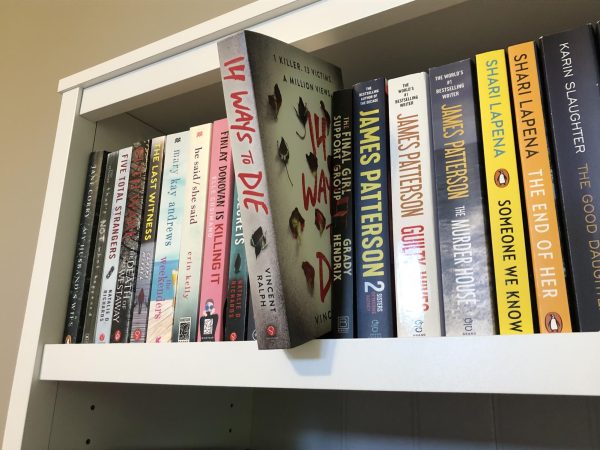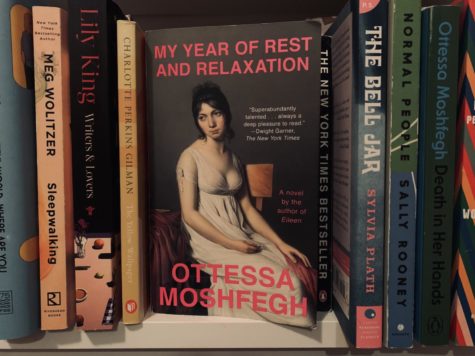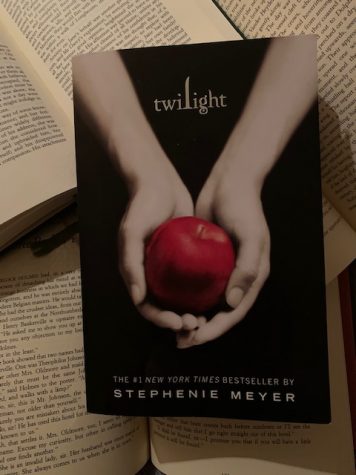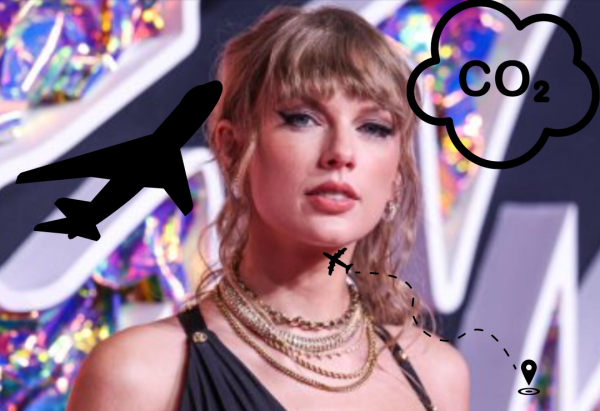“The Lobster’s” deadpan brutality makes for summer’s most peculiar film
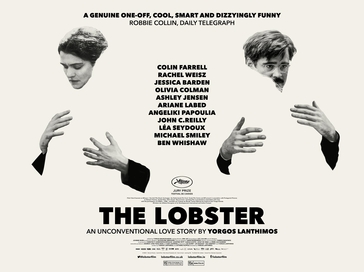
Thanks to director Yorgos Lanthimos’s dexterous grasp of cinematography and characterization, the meaning behind “The Lobster’s” freakish plot setting is never lost. While the drama is a little excess in length and blood, it’s modern, but unpredictable feel sets it apart from other apocalyptic films.
The idea behind “The Lobster” must have reached director Yorgos Lanthimos in a fever dream. With as much sex as there is violence, the explicit Sundance film explores a future world with a government who turns people into animals if they can’t find a spouse. Thankfully, with it’s humorous absurdity and deeply rooted satirical views, you can laugh, and ponder at “The Lobster’s” weirdness without becoming tangled in it.
For “The Lobster” to reach it’s full potential, Lanthimos casted some of Hollywood’s most seasoned actors like Colin Farrell, Rachel Weisz and John C. Reily. Farrell stars as David, a lonely man who checks into The Hotel and must find a partner in 45 days or he will be morphed into his choice creature, a lobster. With a near 20 pound weight gain and a stony conveyance, Farrell transformed into the perfect Average Joe that needs to shape up his morals as much as his abs.
While the scenario can be difficult to grasp, the desperate, and sometimes innocent, interactions between characters keep the humanity flowing through the film’s entirety. Most of the despair and longing comes from minor characters like the woman who offers men biscuits, and the man who gives himself painful nosebleeds to connect with a girl. David is our rock, as well as our eyes, through the whole ordeal. While he has his own baggage, he takes care of his brother who was turned into a dog, he seems indifferent to his fate; giving us an objective window into the dystopian world.
Besides the characterization, Lanthimos keeps the setting from going overboard with a monochrome theme and simple cinematography. His use of contrast feels meticulous and effortless at the same time. For every splatter of blood there’s a black and white tile, and for every aggressive act there’s a touch of heart.
Despite the drop of love that trickles throughout the film, I was shocked to see “The Lobster” labeled as dramatic/comedic romance. Don’t prepare for light laughs and sweet hand holding, think of demented sexual humor with flashes of gore that last 30 seconds too long. While there are lots of reasons not to watch “The Lobster,” Lanthimos’ storytelling needs to be experienced first hand. At a lengthy 1 hour and 59 minutes, the film touches on the rawest of human emotions, all while making a satirical and wise statement about the ethical oppression of our government.
Your donation will support the student journalists of West Linn High School. Your contribution will allow us to continue to produce quality content by purchasing equipment, software, and continuing to host our website on School Newspapers Online (SNO).

While most high school students spend their free time hanging out with friends, Julia Mogen, senior, is out at concerts or the movie theater looking for...
























![Game, set, and match. Corbin Atchley, sophomore, high fives Sanam Sidhu, freshman, after a rally with other club members. “I just joined [the club],” Sidhu said. “[I heard about it] on Instagram, they always post about it, I’ve been wanting to come. My parents used to play [net sports] too and they taught us, and then I learned from my brother.”](https://wlhsnow.com/wp-content/uploads/2024/03/MG_7715-2-1200x800.jpg)
![At the bottom of the third inning, the Lions are still scoreless. Rowe stands at home plate, preparing to bat, while Vandenbrink stands off to the side as the next batter up. Despite having the bases loaded, the team was unable to score any runs. “It’s just the beginning of the season. We’re just going to be playing out best by June, [and] that’s where champions are,” Rowe said.](https://wlhsnow.com/wp-content/uploads/2024/03/IMG_3077-1200x900.jpg)






![The teams prepare to start another play with just a few minutes left in the first half. The Lions were in the lead at halftime with a score of 27-0. At half time, the team went back to the locker rooms. “[We ate] orange slices,” Malos said. “[Then] our team came out and got the win.”](https://wlhsnow.com/wp-content/uploads/2023/10/IMG_2385-1200x800.jpg)







































































